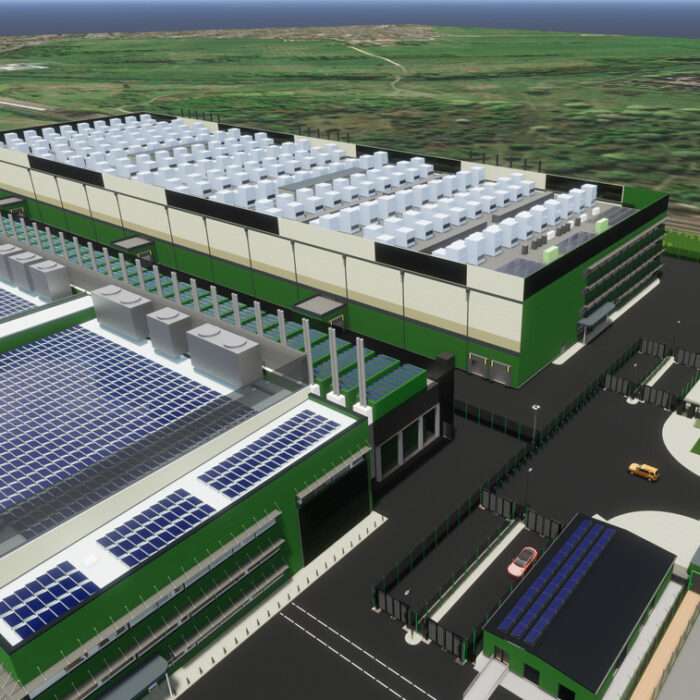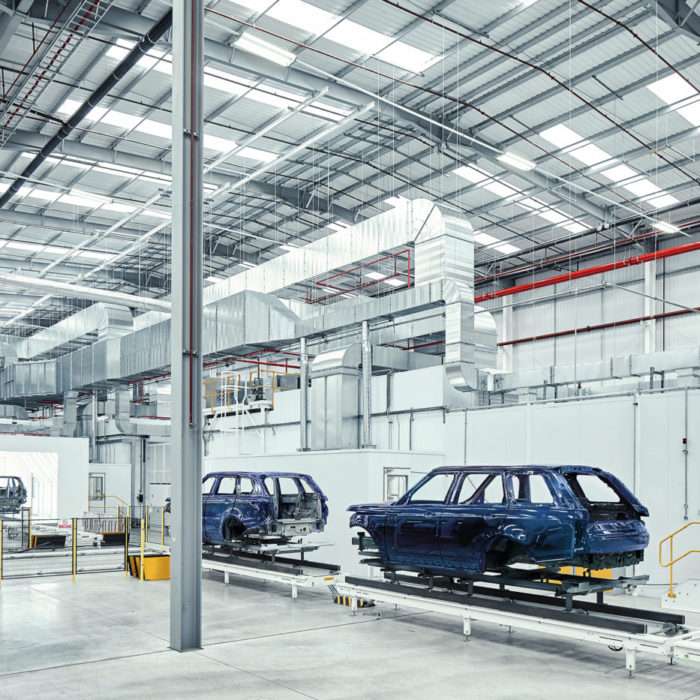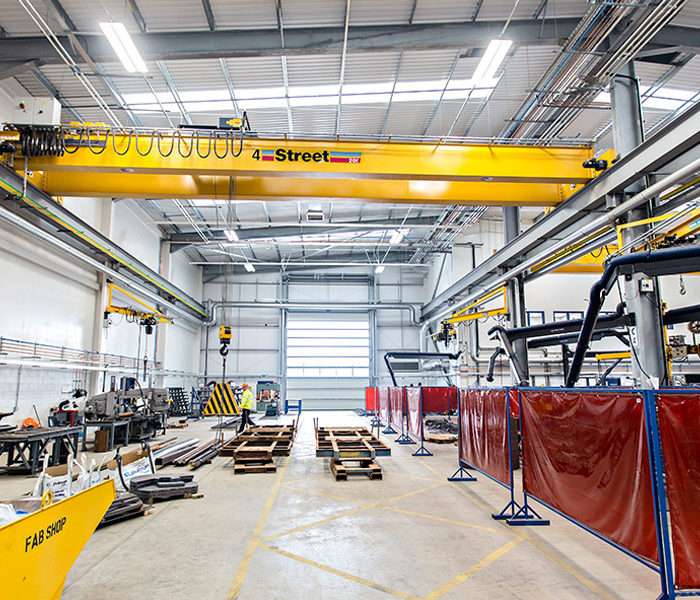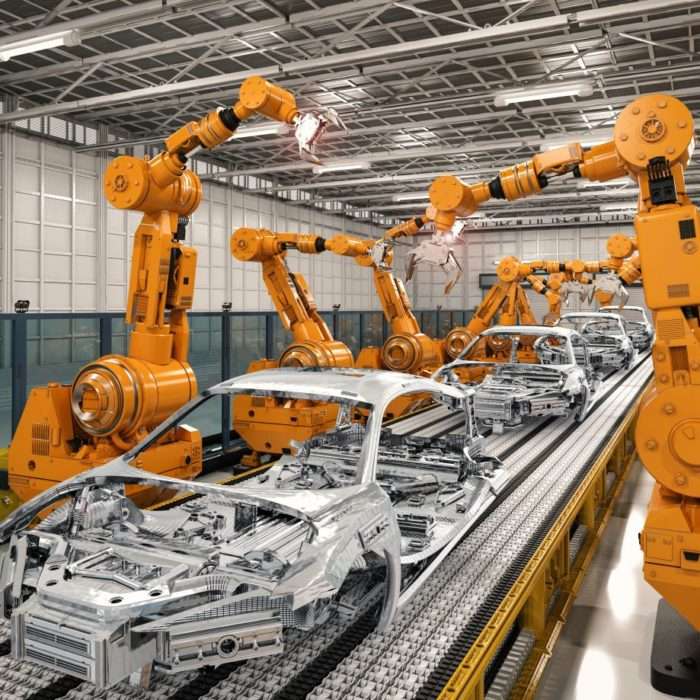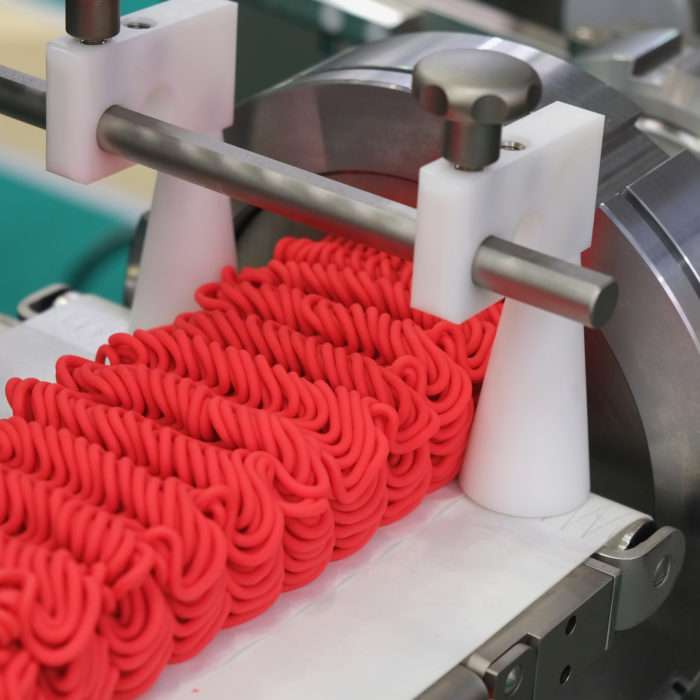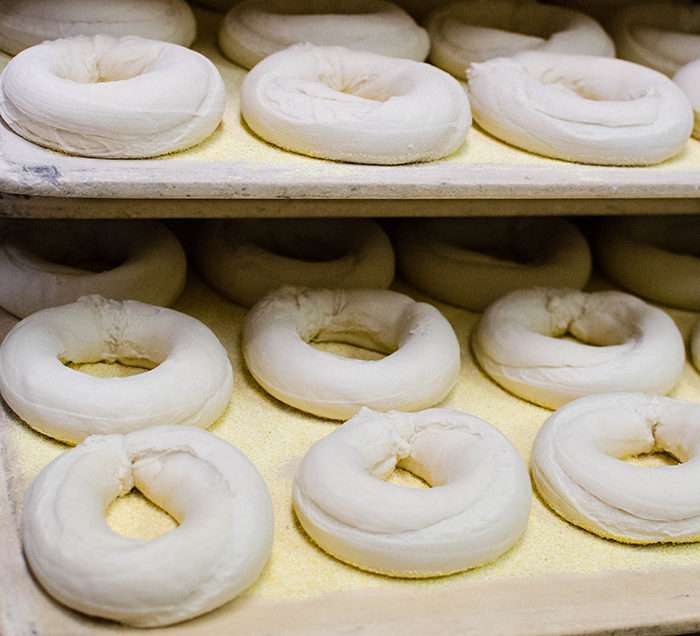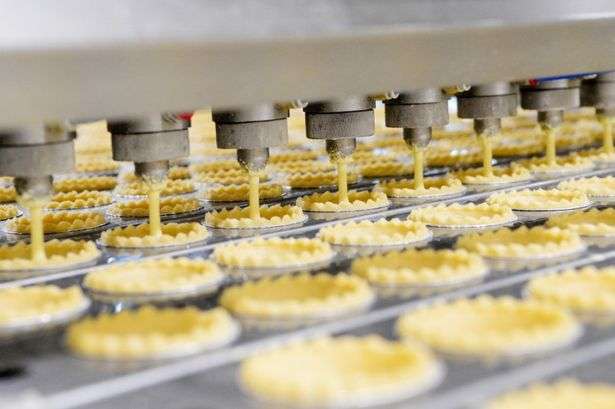There are several types of production facilities, including batch manufacturing, continuous manufacturing, and custom manufacturing. Batch manufacturing involves producing a set quantity of products in a single production run. This type of production is ideal for products that have a limited shelf life or are subject to frequent changes in demand. Continuous manufacturing, on the other hand, involves producing products in a continuous process without interruption. This type of production is ideal for products that have a long shelf life or are in constant demand. Custom manufacturing involves producing products according to specific customer requirements. This type of production is often used for products that are highly specialised or require unique features. Manufacturing solutions can be tailored to each type of production facility to optimise efficiency and quality.
{“@context”:”https://schema.org”,”@type”:”FAQPage”,”mainEntity”:[{“@type”:”Question”,”name”:”What Is Manufacturing?”,”acceptedAnswer”:{“@type”:”Answer”,”text”:”Manufacturing is the process of transforming raw materials into finished products using a combination of labour, machinery, and tools. The goal of manufacturing is to produce goods that meet specific quality, quantity, and cost requirements. Manufacturing involves a wide range of industries, including food production, electronics, pharmaceuticals, and automotive manufacturing. The process of manufacturing includes a series of steps, such as design, sourcing of materials, production, quality control, packaging, and distribution. Manufacturing solutions can help optimise the manufacturing process, improve quality, reduce costs, and increase efficiency.”}},{“@type”:”Question”,”name”:”What Is A Manufacturing Facility?”,”acceptedAnswer”:{“@type”:”Answer”,”text”:”A manufacturing facility is a physical space where the manufacturing process takes place. A manufacturing facility can range from a small workshop to a large-scale industrial complex. The facility must be equipped with the necessary tools, equipment, and infrastructure to support the manufacturing process. This includes machinery, power sources, material handling systems, and safety systems. Manufacturing facilities can be specialised for specific industries or products, such as semiconductor fabrication facilities or automotive assembly plants. They can also be designed for a specific type of manufacturing process, such as batch manufacturing or continuous manufacturing.”}},{“@type”:”Question”,”name”:”What Are The Types Of Production Facilities?”,”acceptedAnswer”:{“@type”:”Answer”,”text”:”There are several types of production facilities, including batch manufacturing, continuous manufacturing, and custom manufacturing. Batch manufacturing involves producing a set quantity of products in a single production run. This type of production is ideal for products that have a limited shelf life or are subject to frequent changes in demand. Continuous manufacturing, on the other hand, involves producing products in a continuous process without interruption. This type of production is ideal for products that have a long shelf life or are in constant demand. Custom manufacturing involves producing products according to specific customer requirements. This type of production is often used for products that are highly specialised or require unique features. Manufacturing solutions can be tailored to each type of production facility to optimise efficiency and quality.”}}]}
